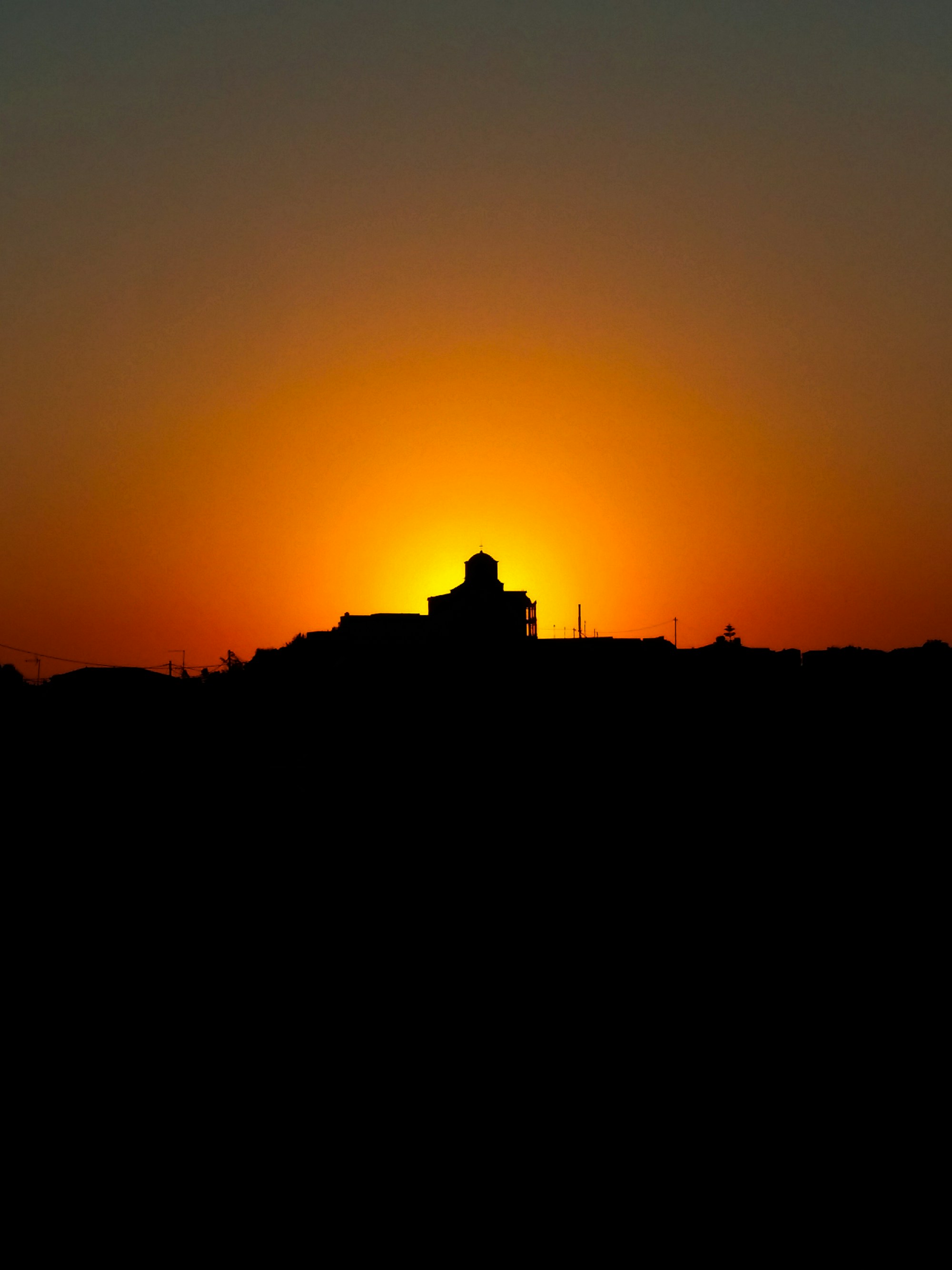Discover Psara: History, Customs, and Festivals Guide
Explore Psara: Uncover its rich history, unique customs, and vibrant festivals in this comprehensive guide.

Discover Psara: History, Customs, and Festivals Guide
Introduction to Psara
Psara is a small, isolated Greek island located in the Aegean Sea, to the west of Chios. With a serene ambiance, picturesque landscapes, and a rich historical tapestry, Psara is an ideal destination for those looking to explore Greek history and culture away from the hustle and bustle of more frequented tourist spots.
Historical Context
The island of Psara has a profound historical significance stemming back to ancient times. It played an essential role during the Greek War of Independence in the early 19th century. Here’s an in-depth look at some pivotal moments:
- Ancient Times: It is believed that the island was inhabited as early as the Mycenaean period. Archaeological excavations have found evidence of ancient settlements, including pottery and other artifacts.
- Ottoman Period: During the Ottoman Empire, Psara was a thriving maritime hub, known for its skilled sailors and prosperous trade routes.
- Greek War of Independence: Psara became a symbol of resistance against Ottoman rule. In 1824, the island was besieged, and most of its inhabitants were tragically slaughtered. This event is commemorated annually and remains an essential part of Psara's identity.
Customs and Cultural Practices
Psara’s cultural practices are reflective of its rich history and seafaring legacy. Here are some key customs:
- Maritime Traditions: Due to its historical importance as a maritime center, Psara has a strong tradition of shipbuilding, sailing, and fishing. Local boat festivals and regattas are a testament to this maritime heritage.
- Religious Observances: The island’s inhabitants are predominantly Greek Orthodox, and religious observances play a central role in community life. Churches and monasteries around the island are focal points during religious feasts and festivals.
- Folk Music and Dance: Traditional music and dance are integral to island celebrations. Visitors often witness impromptu performances featuring the violin and traditional dances during local festivities.
Festivals and Celebrations
Festivals in Psara are deeply rooted in both religious beliefs and historical commemorations. Here are some major events:
- Feast of Prophet Elias: Celebrated on July 20th, this event is held at the Monastery of Prophet Elias. Pilgrims and locals participate in a religious procession, followed by communal feasting and traditional dancing.
- Ascension of the Virgin Mary (Assumption Day): Held on August 15th, this grand festival includes liturgies, processions, and communal celebrations. It is one of the most significant religious festivals on the island.
- Commemoration of the Holocaust of Psara: Held on June 22nd, this event marks the tragic massacre of 1824. The day includes memorial services, reenactments, and speeches that honor the island's heroes.
Local Anecdotes and Interesting Facts
Psara is filled with intriguing stories and unique facts:
- Ghost Ships of Psara: Local legends speak of ghost ships appearing around the island, especially during stormy nights. These tales are deeply entrenched in the island’s maritime folklore.
- Psara’s Famous Residents: The island is proud of its historical figures, including Konstantinos Kanaris, a celebrated admiral who played a significant role in the Greek War of Independence.
- Turtle Sightings: The beaches of Psara are known for occasional sightings of sea turtles, which come ashore to lay their eggs.
Conclusion
Psara is a hidden gem in the Aegean Sea, offering a unique blend of history, culture, and serene beauty. Whether you’re a history buff, a lover of traditional Greek culture, or seeking a peaceful retreat, Psara promises an enriching and unforgettable experience.
